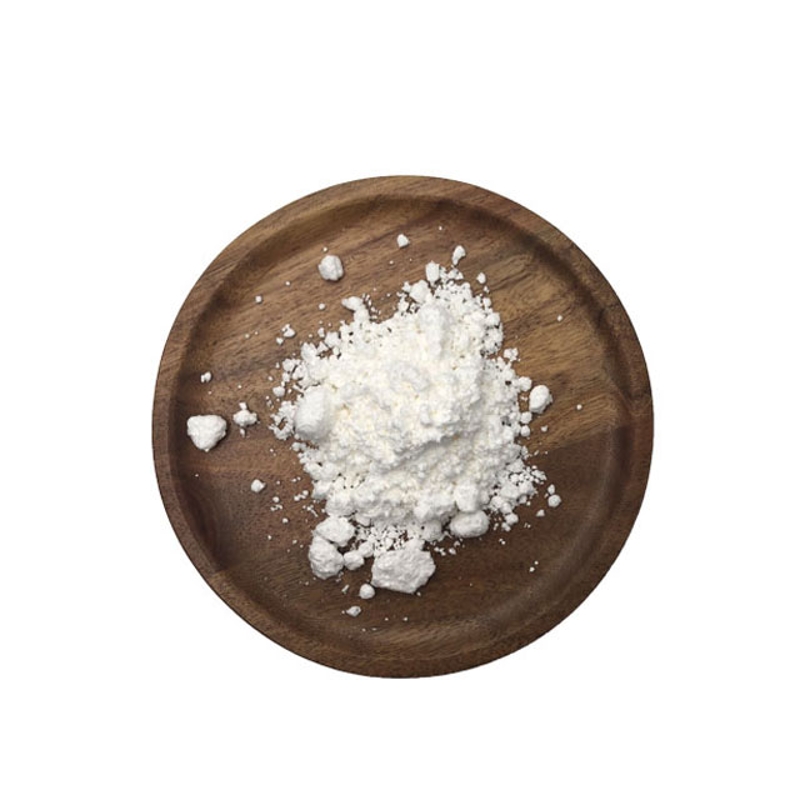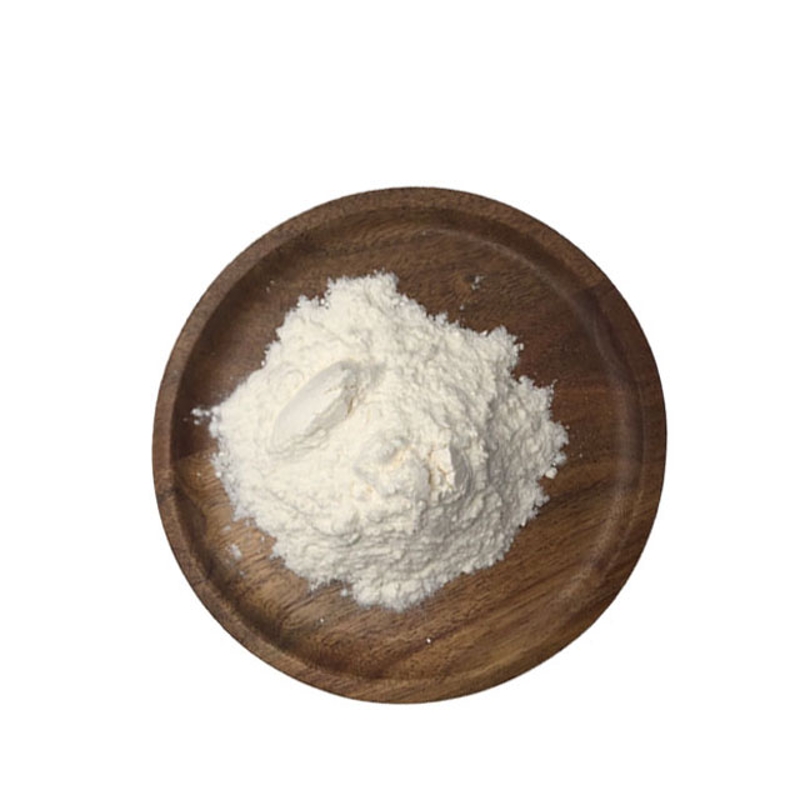-
Categories
-
Pharmaceutical Intermediates
-
Active Pharmaceutical Ingredients
-
Food Additives
- Industrial Coatings
- Agrochemicals
- Dyes and Pigments
- Surfactant
- Flavors and Fragrances
- Chemical Reagents
- Catalyst and Auxiliary
- Natural Products
- Inorganic Chemistry
-
Organic Chemistry
-
Biochemical Engineering
- Analytical Chemistry
- Cosmetic Ingredient
-
Pharmaceutical Intermediates
Promotion
ECHEMI Mall
Wholesale
Weekly Price
Exhibition
News
-
Trade Service
*For medical professionals only
In recent years, the incidence of pancreatic cancer, the "king of cancer", has increased year by year, and it is expected that new cases and deaths of pancreatic cancer in the world will increase significantly in the future [1].
Aging, male sex, diabetes, obesity, smoking, chronic pancreatitis, and a family history of pancreatic cancer are known to be risk factors for high incidence of pancreatic cancer [2], but these risk factors are only applicable to a small proportion of pancreatic cancer patients, so there is an urgent need to explore new risk factors
for pancreatic cancer.
Recent evidence suggests that cancer risk is strongly associated with chronic microbial imbalances and systemic inflammation [3].
As a gateway connecting the organs of the human digestive system with the external environment, more than 700 kinds of bacteria live in the mouth, and oral microbial imbalance can also promote the occurrence of dental diseases such as periodontitis, pulpitis and gingivitis [4], and this inflammatory disease of oral teeth is also a major risk factor for the occurrence and progression of cancer [5].
However, the relationship between this oral and dental disease and the risk of developing pancreatic cancer is unclear
.
Recently, a research team led by Ye Weimin of Fujian Medical University and Yu Jingru of Karolinska Medical College published an important research result
in the British Journal of Cancer.
The study found that people with mild tooth inflammation (gingivitis, pericoronitis, stomatitis and mucositis) and periodontitis had a higher risk of pancreatic cancer (35% and 56% higher, respectively) in people under 50 years of age, including information on dental diseases in the Swedish Dental Health Register and the incidence of pancreatic cancer among these people.
However, for patients older than 70 years, there was no significant correlation between teeth-related diseases and the risk of pancreatic cancer [6].
In conclusion, this study reveals the association between teeth-related diseases and the risk of pancreatic cancer, which is an important complement
to the epidemiology of pancreatic cancer development.
Screenshot of the article cover
Considering that analysing the association between teeth-related disease and the risk of pancreatic cancer requires a large number of clinical data with complete follow-up, the researchers included data
from 5889441 people with dental diagnosis information in the Swedish Dental Health Registry from 2009 to 2016.
To specifically quantify dental health, the researchers categorized these populations according to their oral health: healthy people and people with inflammatory dental diseases (including dental caries, root canal infections, mild tooth inflammation [gingivitis, pericoronitis, stomatitis and mucositis], and periodontitis), and collected information on the number of teeth to classify the population at another level according to the number of teeth
.
On the other hand, social background and economic conditions can be confounding factors affecting the analysis, so the researchers further categorized
these groups based on education level and household income.
The researchers found that about 30 percent of these 5889441 individuals had inflammatory dental disease, and more than 10 percent had periodontitis (Table 1).
In addition, older patients with periodontitis are more likely to have fewer teeth and smoking habits, while patients with fewer teeth have more characteristics such as older age, low level of education, low household income, and smoking and drinking habits (Table 1).
Table 1.
Correlation between factors such as age, education, income, smoking, alcohol consumption and dental health
During the follow-up period in these populations, a total of 10,081 cases
of pancreatic cancer were detected.
Subsequently, the researchers performed COX stratified regression analysis
of the dental health status and risk of pancreatic cancer in patients of different ages.
They found that in people under 50 years of age, individuals with root canal infection had a 58% higher risk of pancreatic cancer than healthy individuals (HR = 1.
58); Individuals with mild tooth inflammation (HR=1.
35) and periodontitis (HR=1.
56) had a 35% and 56%
higher risk of pancreatic cancer than healthy individuals, respectively.
In people aged 50-70 years, periodontitis alone was a risk factor for pancreatic cancer, and individuals with periodontitis had a 20% increased risk of pancreatic cancer compared with healthy people (HR=1.
20).
For people over 70 years of age, there is no significant association between developing dental disease and pancreatic cancer (Table 2).
Table 2.
Association between dental health and risk of pancreatic cancer at different ages
In addition to dental disease, the number of teeth is also associated with
the occurrence of pancreatic cancer disease.
The researchers found a common phenomenon in all three different age groups: the smaller the number of teeth, the higher the risk of pancreatic cancer (Table 3).
In addition, for individuals aged 50-70 years, individuals with unknown teeth also had a 33% increased risk of pancreatic cancer (HR = 1.
33) (Table 3).
Therefore, it is still very important to protect our teeth!
Table 3.
Correlation between number of teeth and risk of pancreatic cancer
From the above results, it can be seen that dental inflammatory diseases and the number of teeth are inseparable from the incidence of pancreatic cancer, so when the two factors are superimposed, will it produce a 1+1>2 effect? That is, for those who have pre-existing dental inflammatory diseases and have a small number of teeth, is the risk of pancreatic cancer greatly increased?
The researchers studied whether the two factors interacted through subgroup analysis, and the results showed that when the two factors were superimposed, there was no superposition or antagonism effect
.
Interaction of number of teeth and inflammatory diseases of teeth in the pathogenesis of pancreatic cancer
In order to rule out the interference of these factors, the researchers regarded the number of teeth and dental disease as exposure factors over time, and re-performed COX stratified regression
.
The results showed that the association between inflammatory diseases of teeth and the number of teeth and the risk of pancreatic cancer was mostly similar to the above data, while for individuals older than 70 years with fewer than 14 teeth, the risk of pancreatic cancer increased by 8%.
ADtaxi recalls "Remember" Cheng Che vol.
23 Listen to Professor Ramin Nilforooshan, a professor at the University of Surrey in the United Kingdom and a member of the Surrey and Borders Partnership NHS Trust, introduce the role of psychologists in assessing and managing AD
In conclusion, this large-scale clinical study determined the correlation between dental health status and number of teeth at different ages and the incidence of pancreatic cancer through precise analysis, which provided a theoretical basis for further clarifying the relationship between specific oral microorganisms and the occurrence of pancreatic cancer, and provided an important supplement
to the epidemiological factors of pancreatic cancer.
References
[1] Foreman KJ, Marquez N, Dolgert A, et al.
Forecasting life expectancy, years of life lost, and all-cause and cause-specific mortality for 250 causes of death: reference and alternative scenarios for 2016-40 for 195 countries and territories.
Lancet.
2018 Nov 10; 392(10159):2052-2090.
doi: 10.
1016/S0140-6736(18)31694-5.
[2] Rawla P, Sunkara T, Gaduputi V.
Epidemiology of Pancreatic Cancer: Global Trends, Etiology and Risk Factors.
World J Oncol.
2019 Feb; 10(1):10-27.
doi: 10.
14740/wjon1166.
[3] Maisonneuve P, Amar S, Lowenfels AB.
Periodontal disease, edentulism, and pancreatic cancer: a meta-analysis.
Ann Oncol.
2017 May 1; 28(5):985-995.
doi: 10.
1093/annonc/mdx019.
[4] Escapa IF, Chen T, Huang Y, et al.
New Insights into Human Nostril Microbiome from the Expanded Human Oral Microbiome Database (eHOMD): a Resource for the Microbiome of the Human Aerodigestive Tract.
mSystems.
2018 Dec 4; 3(6):e00187-18.
doi: 10.
1128/mSystems.
00187-18.
[5] Ndegwa N, Ploner A, Liu Z, Roosaar A, Axéll T, Ye W.
Association between poor oral health and gastric cancer: A prospective cohort study.
Int J Cancer.
2018 Nov 1; 143(9):2281-2288.
doi: 10.
1002/ijc.
31614.
[6] Yu J, Ploner A, Chen MS, et al.
Poor dental health and risk of pancreatic cancer: a nationwide registry-based cohort study in Sweden, 2009-2016.
Br J Cancer.
2022 Oct 22.
doi: 10.
1038/s41416-022-02018-8.
Responsible editorBioTalker







